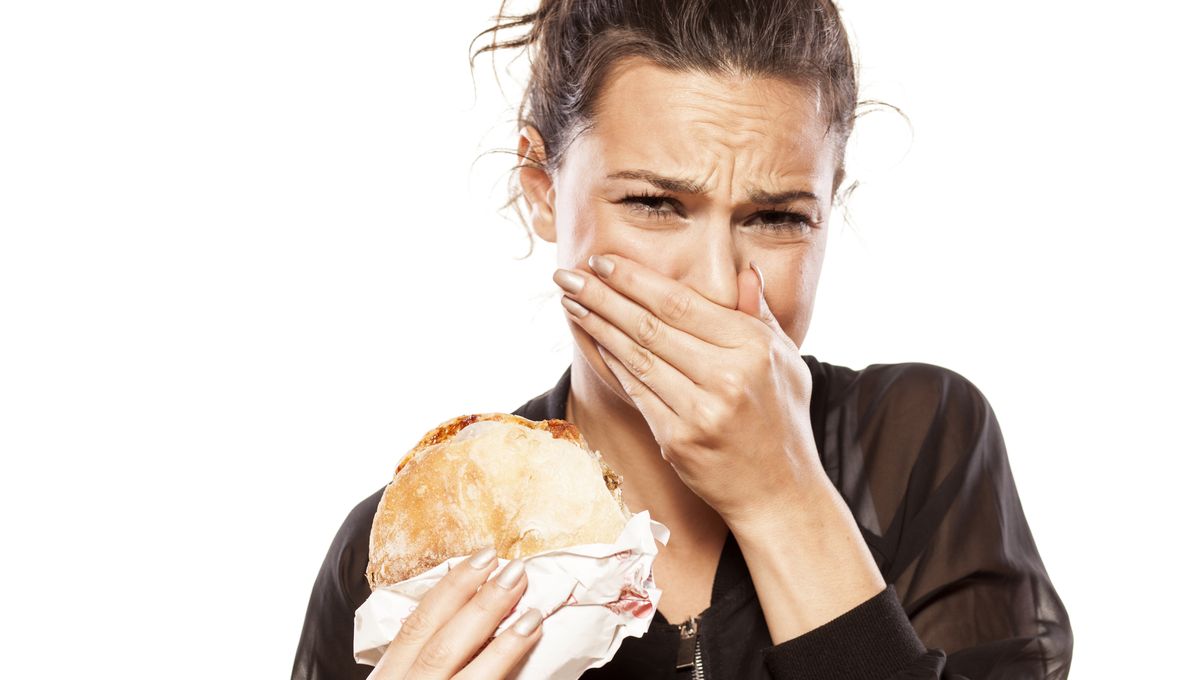
Vegetarians who reject meat do so for various reasons, but some do so because meat generates a feeling of disgust that matches the aversion to things like eating human flesh, feces, or dog meat.
Have you ever noticed that the world is filled with various potentially ingestible things, and yet our diets are remarkably limited in comparison? For instance, we tend to reject eating things like paper and chalk as we do not see them as food. We also avoid poisonous mushrooms because we know the dangers they pose, and many people reject foods like Brussels sprouts or pure lemons because they don’t like their taste.
At the same time, if given the choice, most people would reject consuming human breastmilk or eating the meat of animals like dogs or cats (despite what some recent sensationalist media claims).
For scientists, the nature of these rejections can be categorized as “inappropriate”, “dangerous”, “distasteful”, or “disgusting”. The idea is that they operate as a way for humans to navigate being omnivorous in a world filled with food possibilities. Or to put it another way, how to work out what is good to eat and what should be avoided in an environment filled with potential food sources.
At the same time, other researchers have noticed that these rejection categories apply to different food types. In particular, the feeling of “disgust” tends to be the primary reason for rejecting animal products, while “distaste” tends to apply to plant-based foods – people reject them for their taste, texture, smell, and so on. These observations were first made in the 1980s, but there has been very little subsequent research to confirm them. But if they are accurate, then understanding why people reject certain foods may pave the way for helping people adjust to new diets when interventions require them to do so for medical reasons.
To investigate this further, two researchers at the University of Exeter, England, set out to see which psychological mechanisms come into play when people reject meat compared to vegetables. They recruited around 300 online participants, most of whom were vegetarian (252 rejected meat and 57 were omnivorous). The researchers then tested participants’ responses to images of 11 different substances, which included palatable meat and commonly disliked vegetables such as olives, sprouts, raw aubergine (eggplant), and beetroot.
Participants were then asked several questions about how eating these foods would make them feel. The questions were either linked to disgust – “I would dislike any dish which contained even the tiniest amount of this food, even if I could not taste, smell, feel, or see it” – or distaste – “I would dislike the taste, smell, or texture of this food”. This allowed the researchers to make a distinction between what people felt when they rejected different foods.
Meat-eating participants were also shown images of substances that most people find disgusting. This included human flesh, dog meat, and feces.
The results revealed 557 rejections of meat (up to three rejections from 252 people) and 670 rejections of vegetables (up to two rejections each from 309 participants). When participants said they would not eat a substance pictured in the study, they completed questions to probe the reasons for this rejection. The researchers found that people rejected vegetables they did not like based on distaste and rejected meat with disgust.
“This is the most robust evidence to date that we reject meat and vegetables that we find repellent based on different underlying processes,” Professor Natalia Lawrence, of the University of Exeter explained in a statement.
“Obviously finding meat disgusting can help people avoid eating it, which has health and environmental benefits. Other research we’ve conducted suggests that these feelings of disgust may develop when people deliberately reduce or avoid eating meat, such as during Veganuary.”
Importantly, Lawrence and her colleague, Dr Elisa Becker, the lead author who now works at the University of Oxford, found that meat-eaters expressed disgust for eating substances like feces in the same way that vegetarians responded to meat others would eat – like roast chicken and beef steak. In all cases, this was different to how people responded to vegetables.
“Although we may think we’re rejecting a food simply because we don’t want to eat it, we showed that the basis for this rejection is quite different – and we think that’s evolved to protect us from pathogens that can lie undetected in meat,” Becker added.
The study is published in the journal Appetite.
Source Link: Vegetarians Feel As Disgusted About Eating Meat As Omnivores Do About Cannibalism